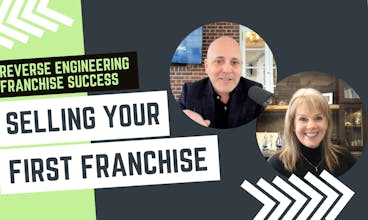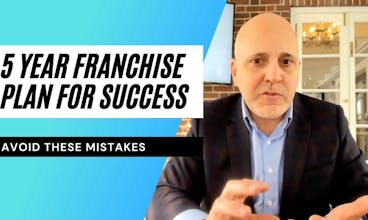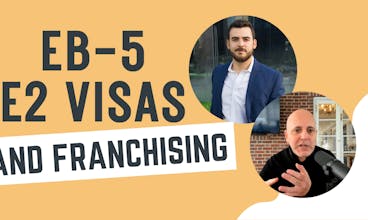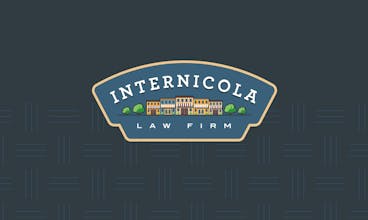Ben Franklin once said “by failing to prepare‚ you are preparing to fail”. The process of selling your business‚ in order to be successful and completed with peace of mind‚ requires preparation. Although circumstances might dictate your ability and timetable to prepare‚ the more time you have to prepare‚ the better off you will be. Prior to putting your business on the market‚ you have a job to do. Your job will be to gather and prepare all of the information that a buyer will (or may) look for when reviewing your business. The following is checklist of materials and documents most business buyers look for before purchasing a business:
Accounting information. When trying to predict the future (as the buyer should be doing)‚ the best place to start is looking at the past. Knowing this‚ you will want to have the latest financials of your business prepared so that you can provide this information on a moment’s notice. It could take weeks or months before your accountant has time to complete them for you. Additional time will be needed if you will recast your financials.
Landlord-tenant information/Real estate records. You will want to have these documents in order to provide to your attorney and begin preparing for the transfer of the real property interest associated with your business. These documents will vary depending on whether or not you own or lease the property your business runs out of.
Equipment leases/Service contracts. As a business owner‚ depending on the type of business‚ you may have numerous leases for your equipment‚ furniture and personal items within your business. It is not uncommon. The buyer of the business will likely want to obtain this information during the due diligence process as the buyer will likely assume these leases. Having the leases in order is critical to both the buyer being satisfied and removing any potential liability against you.
Customer lists. In many business transactions‚ the attractiveness of your business to potential buyers will be your customer list. The business’ list of customers is the difference between the buyer just starting her own business versus buying yours. Having a substantial and organized customer list will‚ without a doubt‚ add value to your business and dollars to your pocket.
Corporate kit/Corporate information. Your corporate information will be necessary for your lawyer to properly prepare your contracts‚ as well as‚ to ensure that you have the ability to properly sell your interest in the business.
Government license information. Depending on the type of business you are selling‚ you are probably required to obtain certain types of licenses from various government agencies. Some of these licenses can be transferred to the buyer‚ others cannot be. It is important to make these licenses available to both the buyer and your lawyer before the contract is drafted so that the buyer understands what licenses he will be required to obtain and your lawyer can address the specific license issue in the agreement to avoid confusion later on.
Supplier information. Your buyer will want to obtain some information on your current suppliers. It is also important for your attorney to review this information so that if you find yourself in a situation where the service contract has to be terminated‚ your attorney can contact the supplier and see if there are any problems with early termination of the contract.
Vehicle information. If the business owns vehicles that are included in the sale‚ this information will also be important to your purchaser and your attorney. The vehicles will have to be transferred with the Department of Motor Vehicles and certain buyers will want to conduct a search and do inspections on the vehicles included. Equipment warranty. You may have certain equipment that is under warranty or you may have purchased extended warranties on some of the assets being sold. The buyer will want this information and it will make the business purchase more attractive to the buyer if the warranties are still in effect.
Insurance Information. Following the sale of your assets‚ you will probably cancel all of your insurance policies. However‚ your buyer may want to obtain copies of the insurance policies so that she can mirror her insurance coverage following her purchase. This information will help your buyer obtain the correct insurance and would allow your business purchaser to use your insurance broker or insurance company to obtain similar coverage.
Employee/Employee benefit information. The buyer of your business‚ typically‚ will want to keep your employees on following the closing. Having a list of employees with all of their information will be important for your buyer.
Union information. If you are selling a business that is associated with a union‚ these union obligations will likely have to be passed on to the buyer.
Trademark/Copyright/Patent information.If your business has any registered trademarks‚ patents or copyrights‚ these intellectual property assets will likely be assigned to the purchaser. Separate assignment filings will have to be made during the closing to transfer ownership of these items to the purchaser.
Miscellaneous. Any information you can provide and will make your business appear more attractive to a prospective purchaser will be helpful in the process. For example‚ if you recently prepared a business plan for your business‚ this information may help your business seem more attractive.
The above checklist is not exhaustive‚ and‚ depending on the type of business you are selling‚ you will likely need specific documents and information for the sale of your business. For additional information concerning the sale of your business call us at (800)976-4904.





